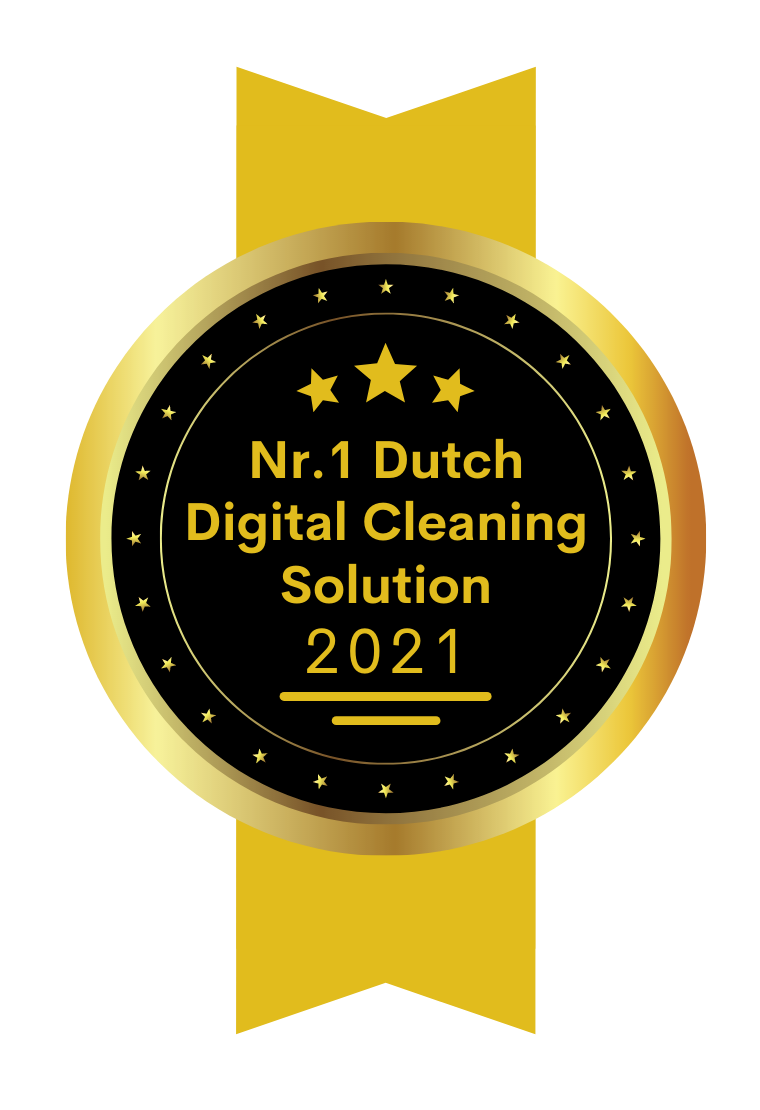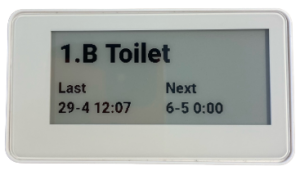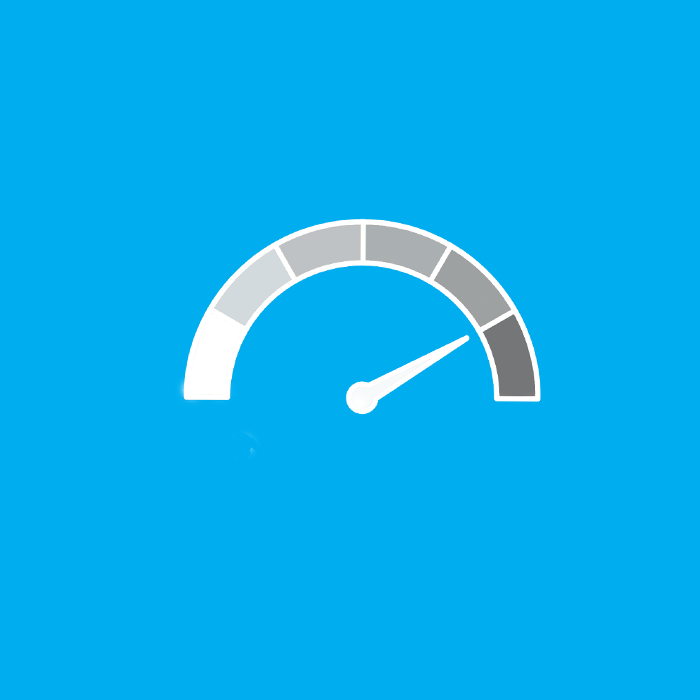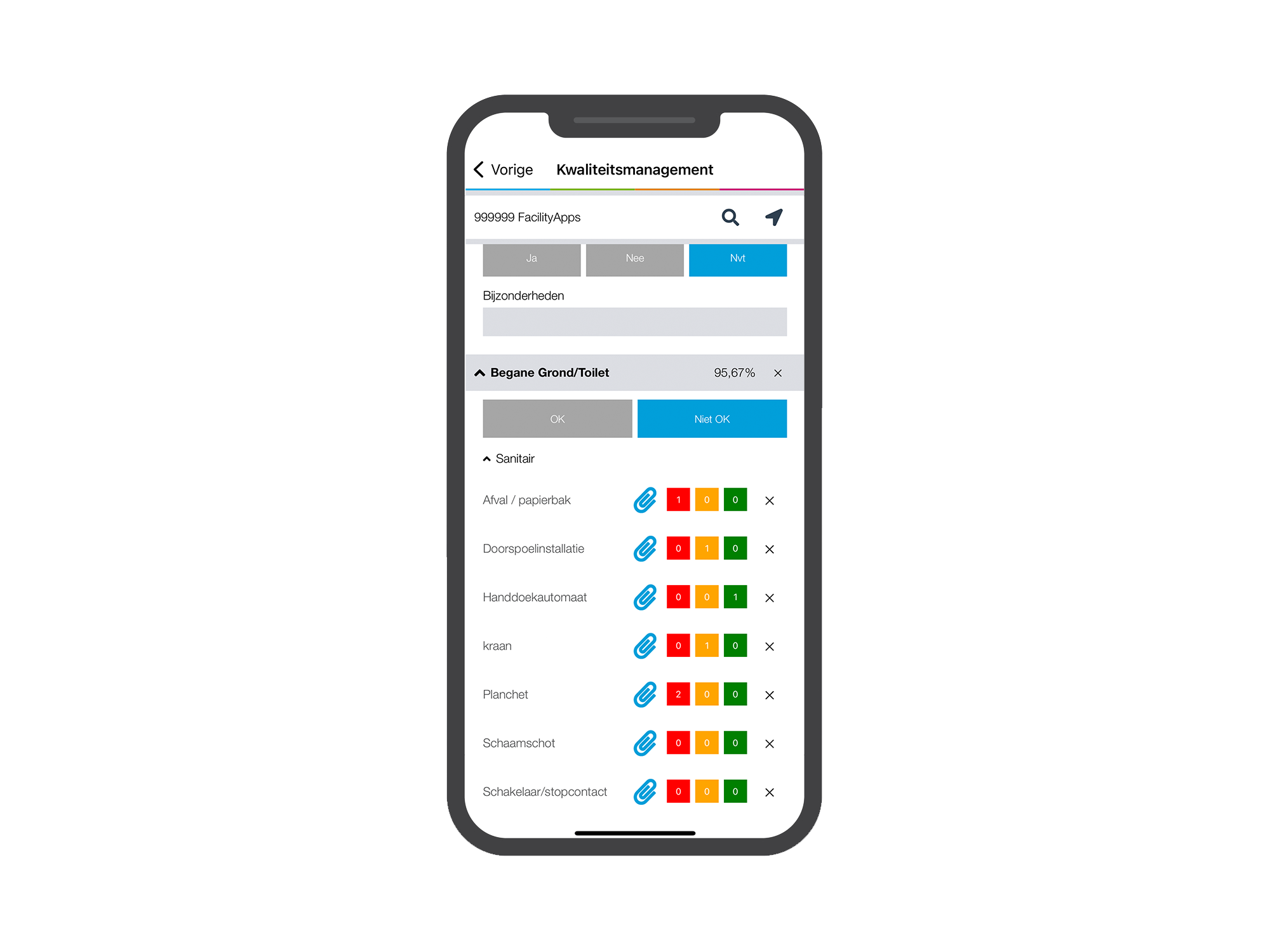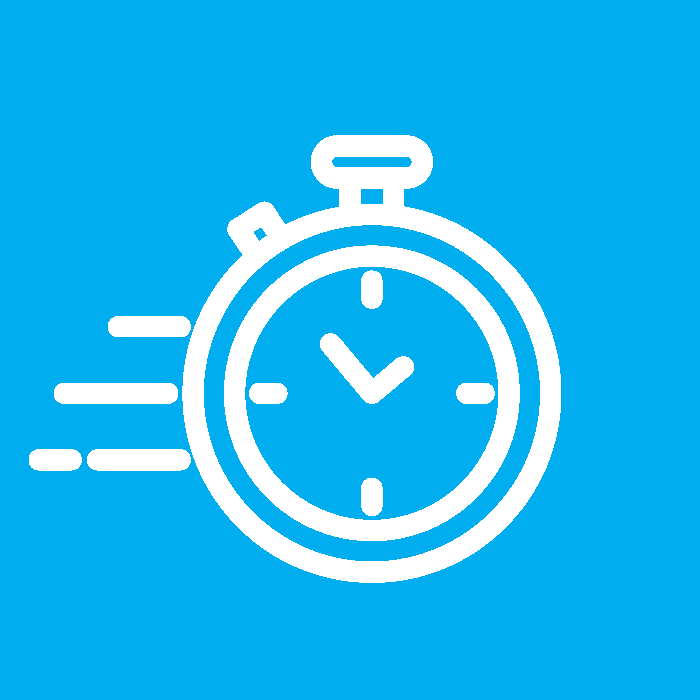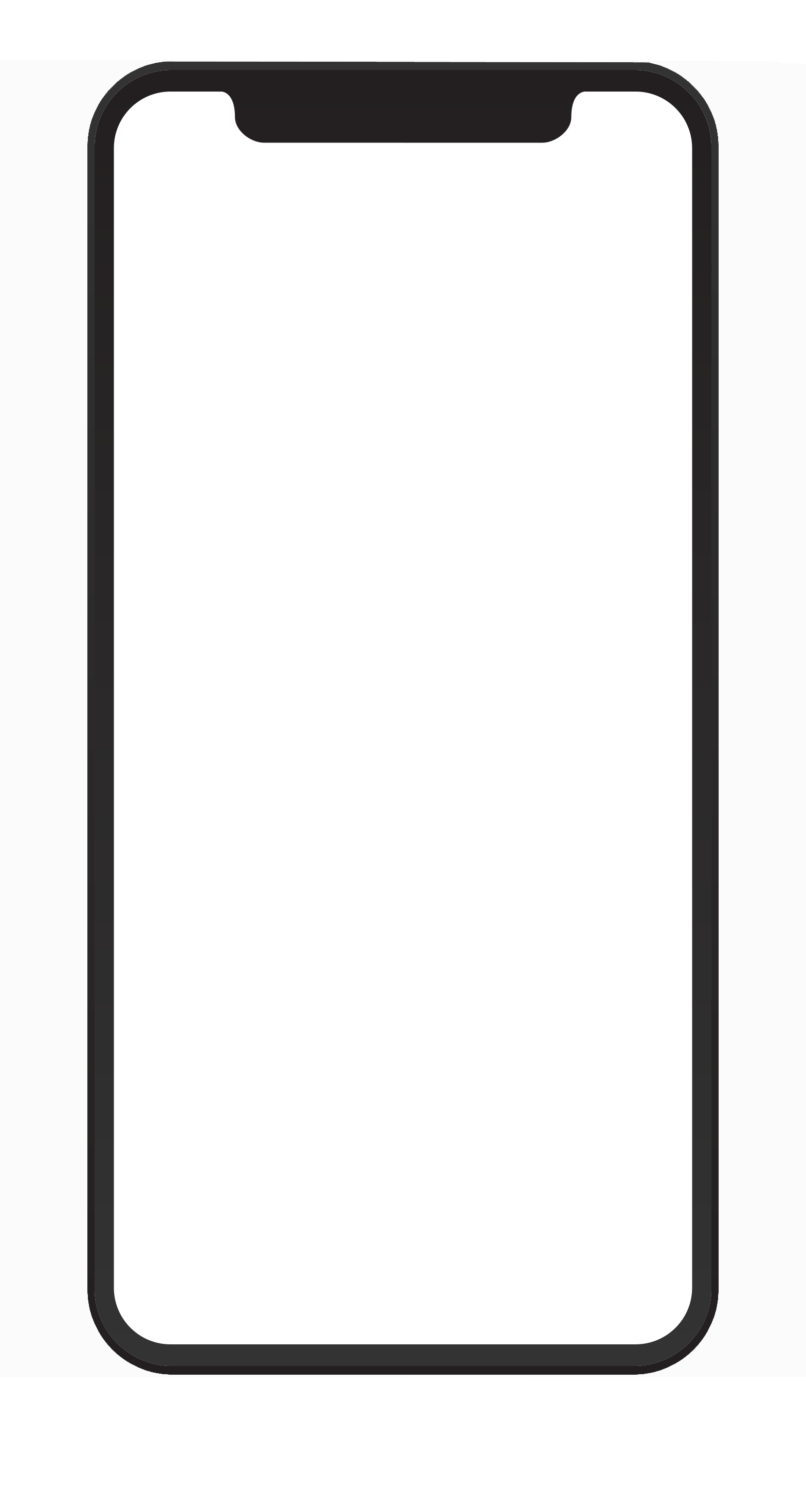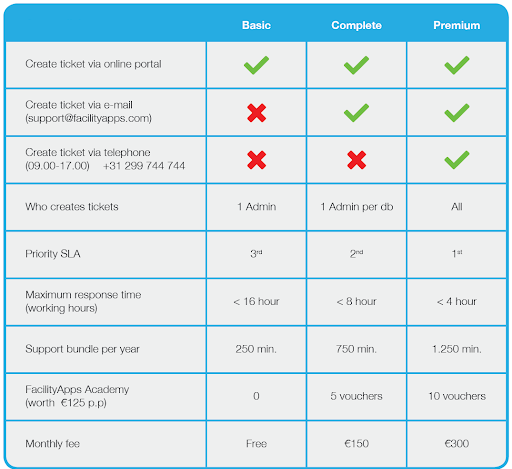Cleaners are vital for public health. Not only in times of crisis
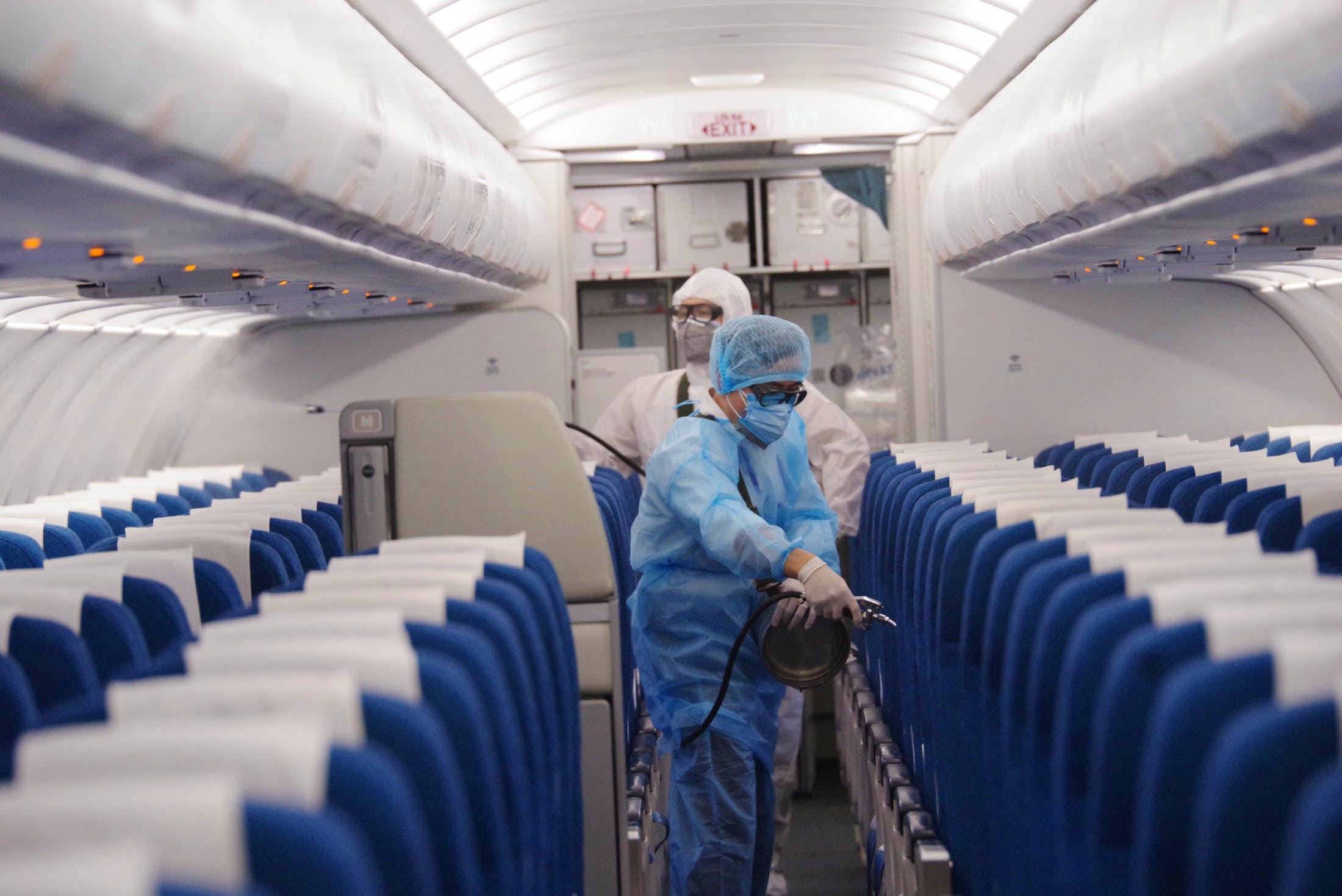
In just a few weeks, Corona has made it clear how vulnerable we ultimately are as people and society as a whole. The enormous impact this virus has on almost all industries is bizarre. The cleaners have been called a “vital profession” in several countries in the past week, because cleaning has to continue. We also see a lot of attention in society for hygiene, hand washing and cleaning products. But how do we as a cleaning industry (cleaning companies and cleaners) show everyone how important cleaning is and to make that visible. And more importantly, to keep this in everyone’s memory for later, even when this crisis is over?
Boris Johnson (Prime Minister of the United Kingdom) already made a beautiful statement in parliament this week, which exactly reflects this: “I’d like to pay special mention to one group that are hugely ignored, forgotten and decried as unskilled workers – cleaners. All around the country and in this building, (they) are doing their best to keep our places hygienic and safe.”
Ignored, forgotten and decried. That’s straightforward, but to a large extent a truth nonetheless. Because it’s still the case that cleaning is a balancing item on the budget. And if there are savings somewhere, cleaning is often part of it. Of course, the industry is partly to blame for this. But right now there is an opportunity to change that structurally. But how should we do that?
Making cleaning really visible
Where cleaning is still carried out worldwide in the early morning or evening hours so that it gets little visibility, cleaning and cleaners are now more visible and important than ever. Everyone is now familiar with the unrealistic images of the ‘Martians’ in China disinfecting entire streets, offices and public spaces. And cleaning is now literally needed everywhere. From shopping trolleys, doorknobs and other ‘touchpoints’ to trams/buss/train and even money. It seems this virus can survive for days on everything. 
Customers often complain about the invisibility of cleaning. Has it really been done? Where has and hasn’t it been cleaned? When was the last time this happened? And was it done properly with the right materials and means? Internally in the cleaning industry itself, specialists often tumble over each other, because cleaning is still often done using the wrong methods.
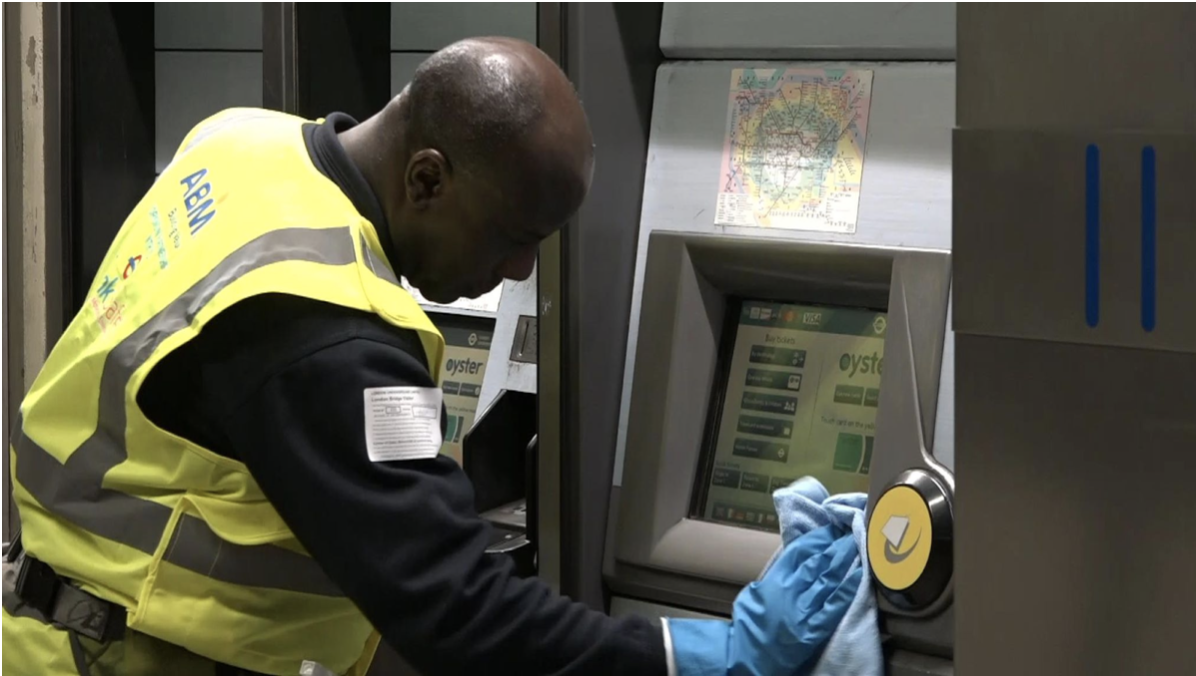
Cleaning is a profession and it is precisely now that we, as an industry, have to take responsibility for doing it well. Internally to train people properly, check and give a re-instruction where necessary. But also explaining to customers why something takes more time, but that it is done properly. Right now we need to make this visible.
In the Netherlands we see protocols being developed here and there. All touch points such as door handles, toilet groups need extra cleaning and/or disinfection. People search much more on Google for cleaning agents and disinfectants. Hand hygiene and hand washing is a hot topic!
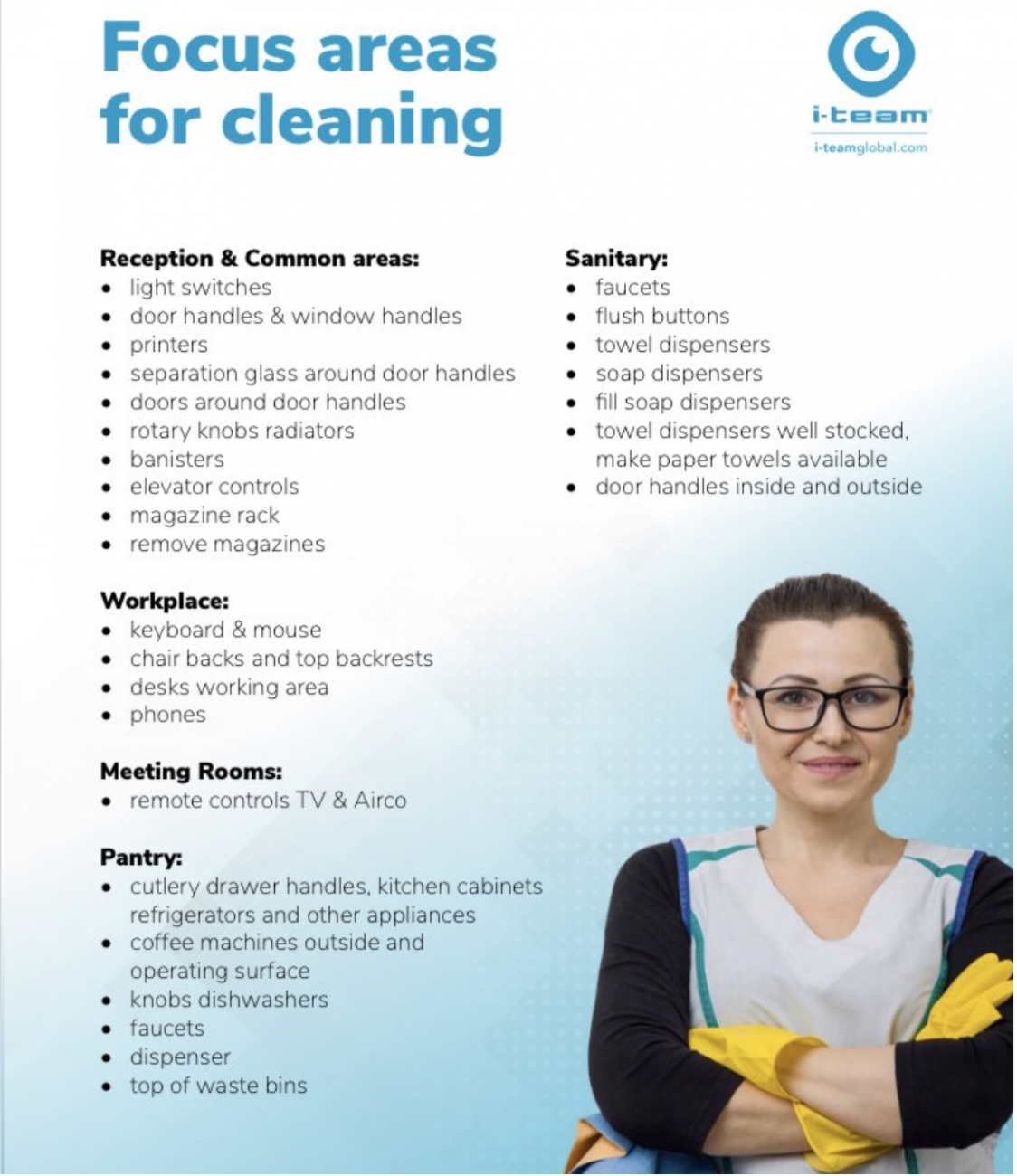
But how else do we show this as a cleaning industry and cleaning company? How do we ensure that end users such as passengers, hotel guests, office workers, customers and employees can work with a sense of security, not only now during quarantine, but also later when life returns back to regular? How do we make sure clean really means clean and that the end user can rely on it?
The answer isn’t quite there yet. We can learn a lot from this in food production and cleanrooms, where a wrong cleaning method can be crucial. But even there, the innovations have not yet been developed to such an extent that it is ‘finished’. Yes, quality controls can be carried out by means of random sampling, as is the case in the food industry with ATP controls. And perhaps nanotechnology can offer a solution here. How can you prove that a mop or a cleaning machine really did the whole floor, up to the precise centimeter? How could you ‘see’ this quickly, perhaps using advanced cameras or Virtual/Augmented Reality?
I hope that this crisis is a reason to accelerate in this area now, especially since there are enough specialists predicting more pandemics towards the future. Hopefully the cleaning industry will now also get more attention from large and small tech parties and tech-ecosystems that are going to invest in this. As we now see with robots in the cleaning industry. And as Estonia invested last week in a Corona hackathon to quickly get new startups and innovations up and running. In fact, we are only at the beginning of a new era here.
Predictive Analytics and Machine learning in cleaning
Data has become key in many companies in recent years. To make decisions, or in the case of Artificial Intelligence and Machine Learning (where there is too much data), that ‘software’ or a ‘robot’ takes over and learns from that data itself. For years, our customers have been measuring the cleaning quality of thousands of buildings in the Netherlands, but also around the world. There are many different types of buildings such as offices, hospitals, nursing homes, hotels, holiday parks, factories, etc. But also think of public places such as airports, metro and train stations, buses and trams.
Every company often keeps the data for themselves and especially in the light of the GDPR/AVG this has become more of a must. But how nice would it be if we could use data now to tackle this crisis? How can we ensure that it is precisely this crisis that enables us to share data faster and more easily, with the aim of learning from it faster and ultimately helping society (people and companies together)?
I became a board member of Facility Data Standard and I’m am involved in Amsterdam Data Exchange to see if we can achieve use cases in the field of data marketplaces.
In the past few days we already saw discussions arising that in these times of need the U.S. government can oblige Philips by legislation to only produce for America. Or we saw the discussion around the ‘recipe’ of the Swiss company Roche. All kinds of interests are intertwined, and which one is the most important?
- How can we go beyond commercial interests and make sure that we innovate just now by working together and ‘opening up’ and – in this case – making data available?
- What would be possible then? Suppose you know:
- Which buildings and spaces are in use and with which occupancy rate?
- When were they last cleaned, disinfected or decontaminated?
- What equipment are we using? How effectively are they used?
- What kind of people are there in certain places, what is their status? Have they been sick, or did they had a fever?
- What if we can link this data to (new) virus outbreaks and thus be able to see more quickly which people have been there in order to be able to react more quickly and effectively to such situations?
Until recently, people would have set little store by this. But with what we have seen in recent weeks, this may be a bitter necessity in the future and we must prepare for it now. Then we are going to have some discussions about public utility vs. privacy.
This requires a combination of people and resources in the field of tech/software/data, deep knowledge of the industry and a modern, open mindset and a culture to break patterns. Here startups are needed to quickly bring these ideas to life, to make steps in a lean startup way. France already launched this week a fund to help startups, because they make the future. Estonia organized a special Corona Hackathon. Especially now in this crisis of general interest because this is the future… When will ‘we’ follow?
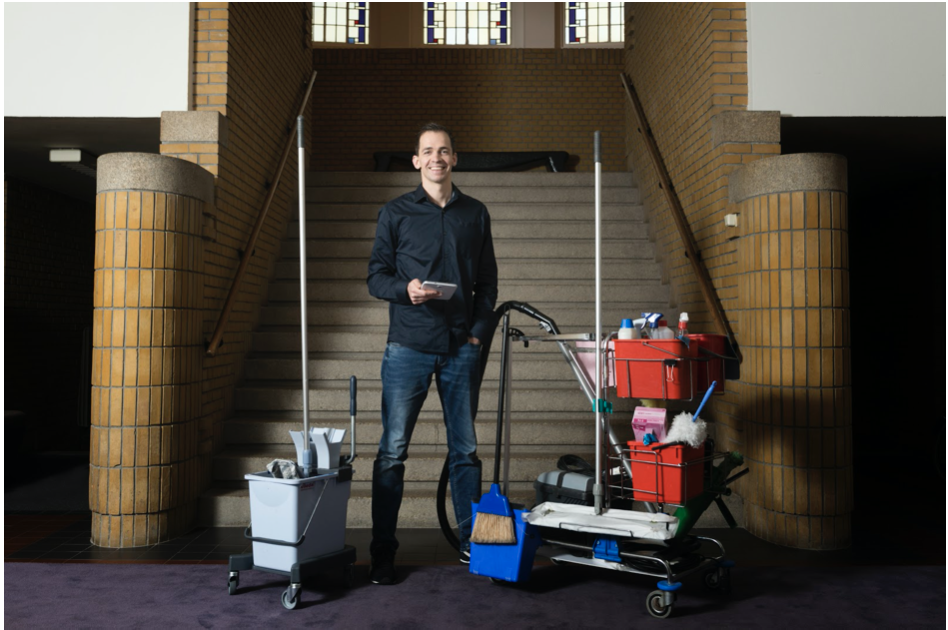
Dirk Tuip: Around me I see enough cleaning companies that are now victims of this invisible enemy, just like many other companies. From this place I wish you all a lot of strength, wisdom and creativity!
Dirk Tuip is CEO of startup FacilityApps. Early on he came into contact with the cleaning industry. His first part-time job was as an employee specialist cleaning at Succes Schoonmaak. Success was also the main sponsor of handball club Volendam, where Dirk played as a handball player. After 10 years of top sport Dirk had to quit because of an injury at the age of 27.
Meanwhile he is ‘captain’ of several tech companies: founder and shareholder of data driven online marketing agency SearchUser. CEO of startup FacilityApps, an app platform for cleaning companies and landscapers, with more than 8000 users from more than 10 different countries. And initiator of H20 esports campus Amsterdam that had to open its doors this month until Corona abruptly pressed the pause button there.

